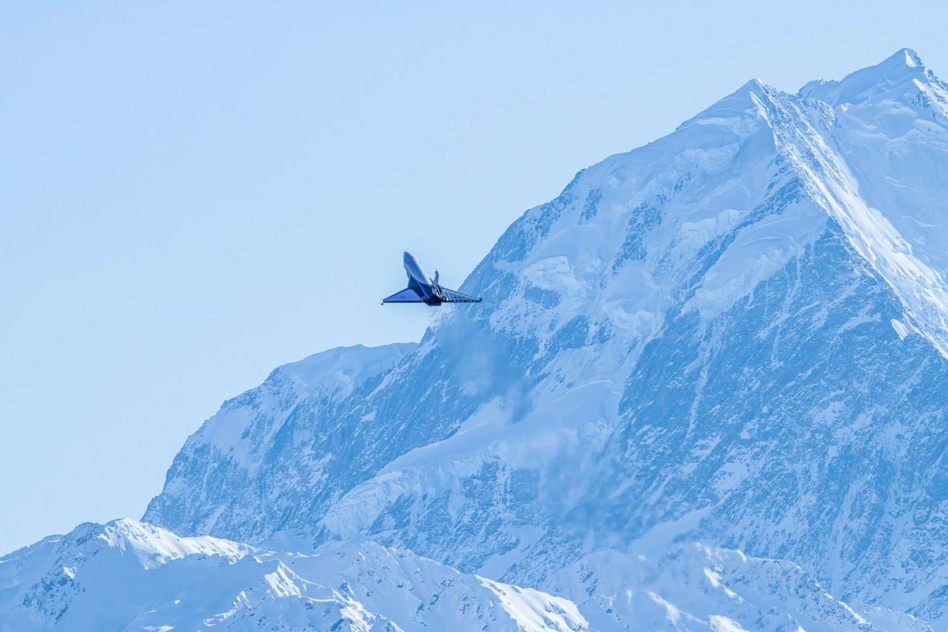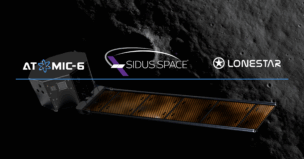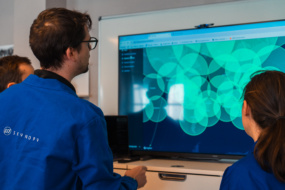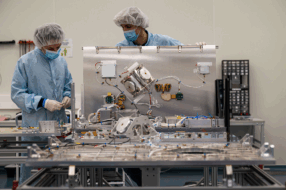Kiwi startup Dawn Aerospace announced this week that it’s raised NZ$20M (~$13M) from a group of New Zealand investors to accelerate satellite thruster and spaceplane development.
Icehouse Ventures led the round, writing a $10M+ check to the New Zealand startup. Kiwi investors GD1 and Covac also participated in the round.
Dawn’s press release announcing the news is refreshingly transparent. The key takeaways:
- This round values Dawn at NZ$170M (~$105M).
- Dawn’s thrusters can be found on eight operational spacecraft.
- The company has real revenues and a growing backlog.
Key company details
- Origin story: Dawn was started in 2017. It’s based in Christchurch, NZ.
- A global affair: Operations are now spread across the Netherlands, New Zealand, and the US.
- Name of the game: Dawn develops turnkey, “green” propulsion systems for satellite operators. Not content just working on propulsion, Dawn is also developing a reusable spaceplane. Its Mk-II Aurora spaceplane has completed more than 40 flights.
Bootstrap when you can, raise what you must
“We’ve always placed strategic importance on getting to customer revenue—with hardware on orbit—fast,” Dawn cofounder and CFO James Powell said. Most space startups “don’t get anything flying without hundreds of millions in investment.”
Before raising this round, the dollar value of Dawn’s sales exceeded the VC financing it had raised. “With $22M of deals closed in 2022 and another $150M in negotiation,” Powell said, “it won’t be long until propulsion sales resume bringing in more cash than VC.”
The company will probably have to wait a bit longer before any sort of spaceplane revenue figures into the equation, though it does expect to begin rocket-powered Mk-II test flights in Q1 ‘23. To date, the spaceplane demonstrator has used jet engines.
Shoot for the stars
Dawn says it will use the fresh $20M in financing to accelerate development of Mk-III, an orbital-class spaceplane, and extend its in-space propulsion products to GEO/lunar orbits and “higher-thrust customers.”




